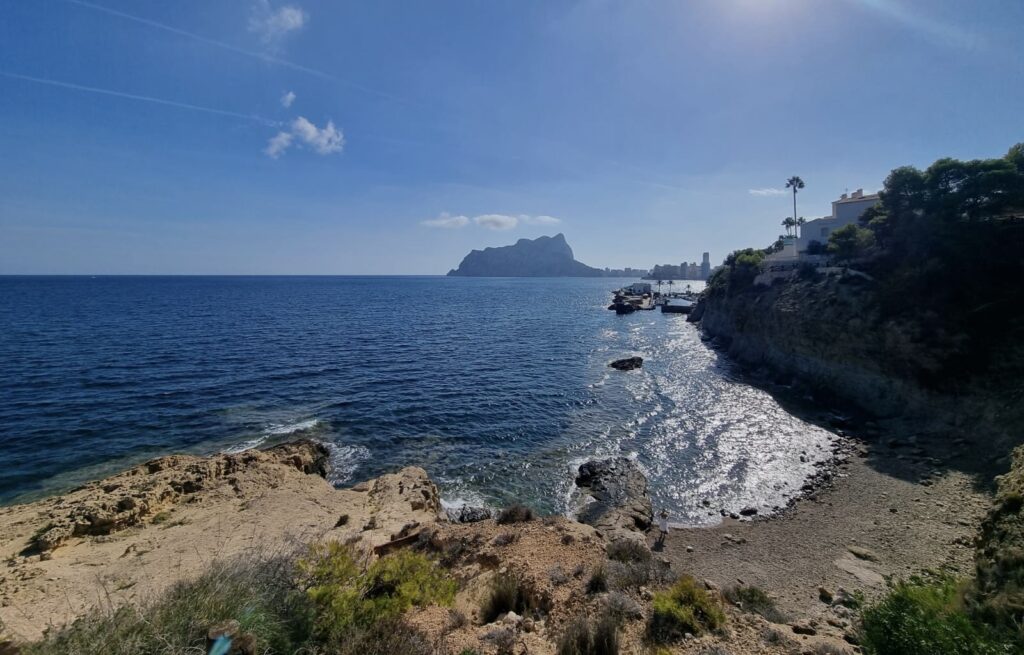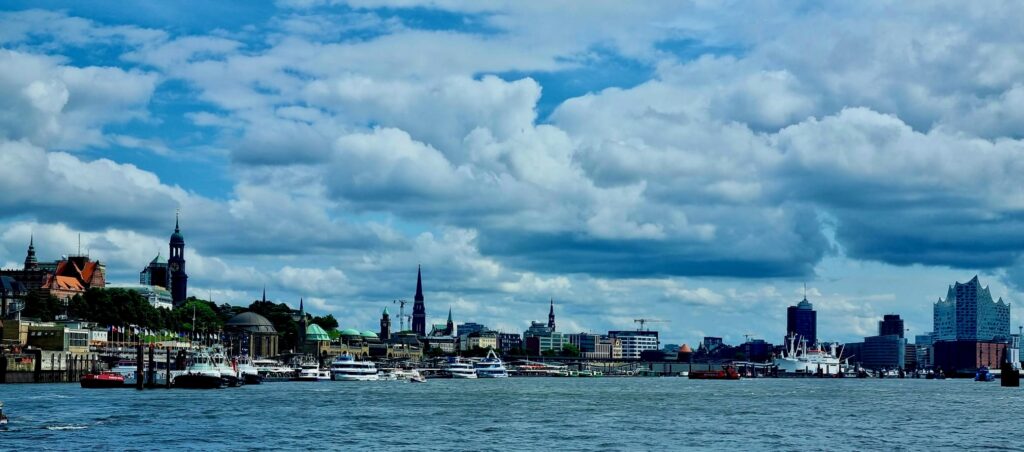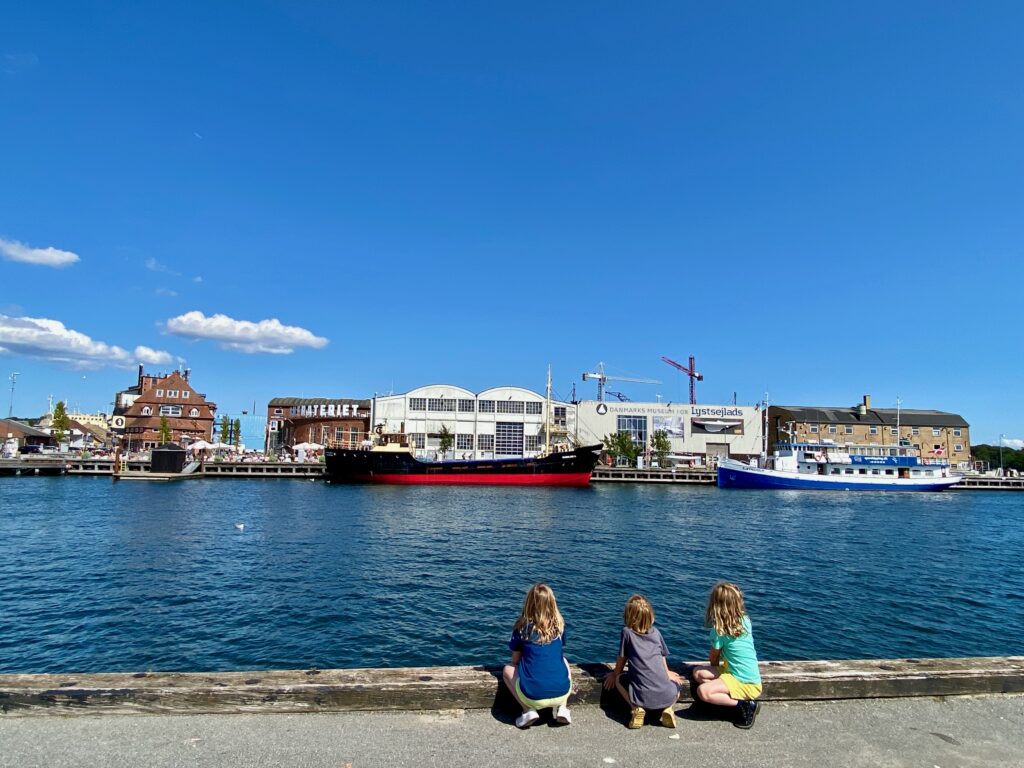After a whirlwind visit back to LA, filled to the brim with reunions with family and longtime friends, and with a year and a half in Valencia under our belts, I’ve been reflecting about the nature of friendships. There is a lot of transience in the expat population but also a desire for connection and the ability to quickly bond over shared experiences. One of the best parts of the expat experience is befriending people at different stages of life: though many of our friends have kids around the same age, we also have made wonderful friendships with people who are empty-nesters, retired, and/or child-free.
Before arriving, it was helpful to join some of the expat-related Facebook groups focused on Valencia. Soon enough, several enterprising moms started an Expat Families WhatsApp group to organize playground meet-ups, coffee dates, and other activities. This was a convenient and comfortable way to meet people when we first arrived in Valencia. Soon, the large WhatsApp groups eventually broke off into smaller groups focused on specific age groups (e.g. Kids Under 8, Teens, etc.). And as we soon learned, no matter what the activity: “there’s a WhatsApp group for that.”




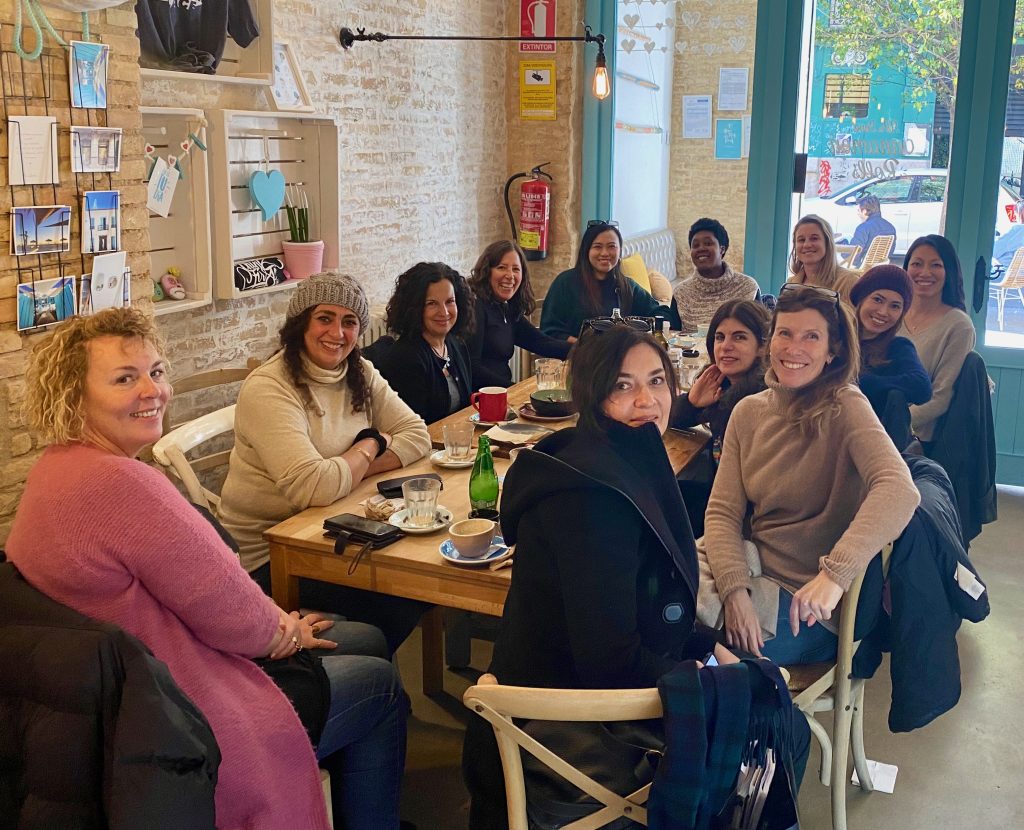
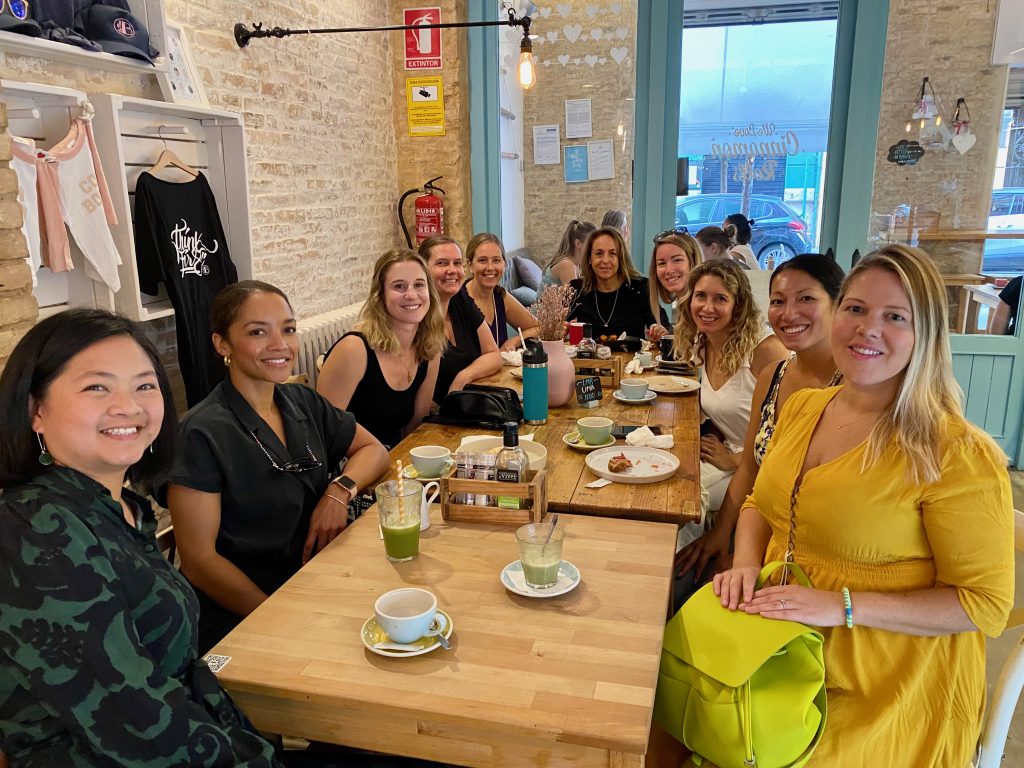

Another great way to meet people was through school. Several moms who spoke both English and Spanish (and actually some speak 3-4 languages!) would gather every Wednesday morning after school drop-off for coffee or brunch. This was possible for a few reasons: (1) people work less here and adopt a slower pace of life, (2) parents have more paid time off after they have babies, (3) with the nature of remote/flexible work, or just fewer work constraints in their schedules, parents – not just moms – are able to do most school drop-offs and pick-ups and spend time socializing, (4) many local families are fortunate to have grandparents living with them or nearby – I notice many more grandparents are handling drop-offs, pick-ups, and providing childcare. It’s not uncommon for families to migrate to the local playground after each school instead of rushing to extracurricular activities or back home to eat dinner super early: for many families, the “afternoon” stretches until 7 or 7:30 p.m., with later dinners (through anecdotal observation, many expat families still seem to maintain earlier meal schedules). Birthday parties are often scheduled with just a few days’ notice, take place at a local park/playground, and are not over-the-top, extravagant affairs.


Eventually, I developed an extended group of friends with whom to go out to dinner or drinks, have regular coffees, and celebrate holidays, birthdays, and other milestones. I’ve found that with the common experiences of actualizing the dream (and the often-overwhelming process) of relocating abroad, we connected on many subjects and the initial small-talk (where are you from, when did you move, why, etc.) quickly gives way to more meaningful conversations. This is why expats often find solace in forming friendships with others who understand the unique joys and struggles of living abroad: the shared experience of adapting to a new culture, overcoming language barriers, and embracing unfamiliar traditions can create strong bonds between individuals from diverse backgrounds. We’re all still busy parents though, and there’s no added glamour of parenting a young child just because you happen to be living in another country – even though we do prioritize travel and are able to do so because of our more flexible work and financial circumstances. Of course you don’t hit it off with everyone, but there are enough friendships I’ve been able to grow and nurture over time to be able to feel connected to others navigating this experience. I do miss my best friends from the U.S., scattered across many cities but who knew me, my family, and my life “before” this additional hat I wear of being an American expat in Spain. And alas, the nature of expat friendships is transitory. Some of the women I really bonded during the first year with ended up moving on to other countries (“world-schooling”) or returned back to their home countries for a variety of reasons.


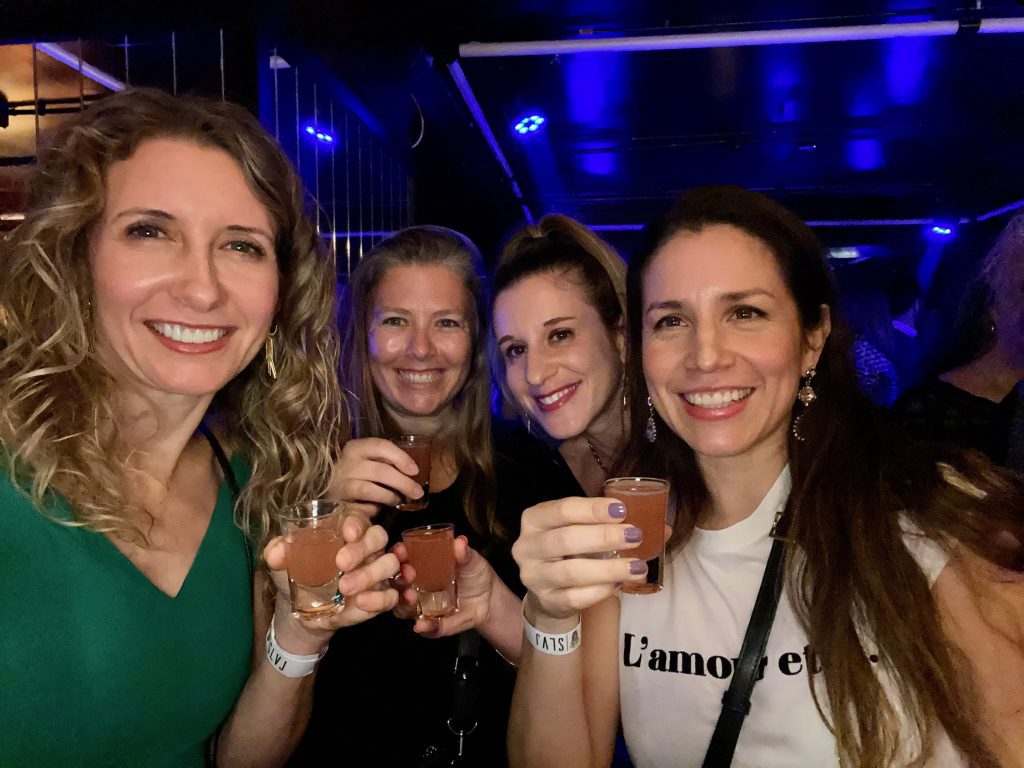



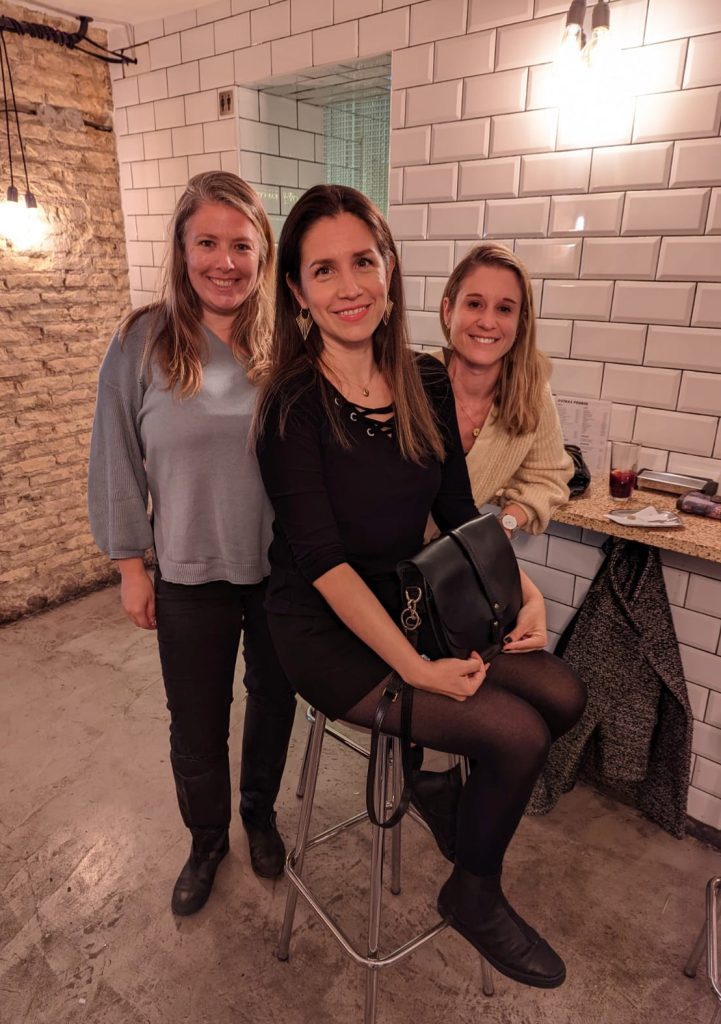

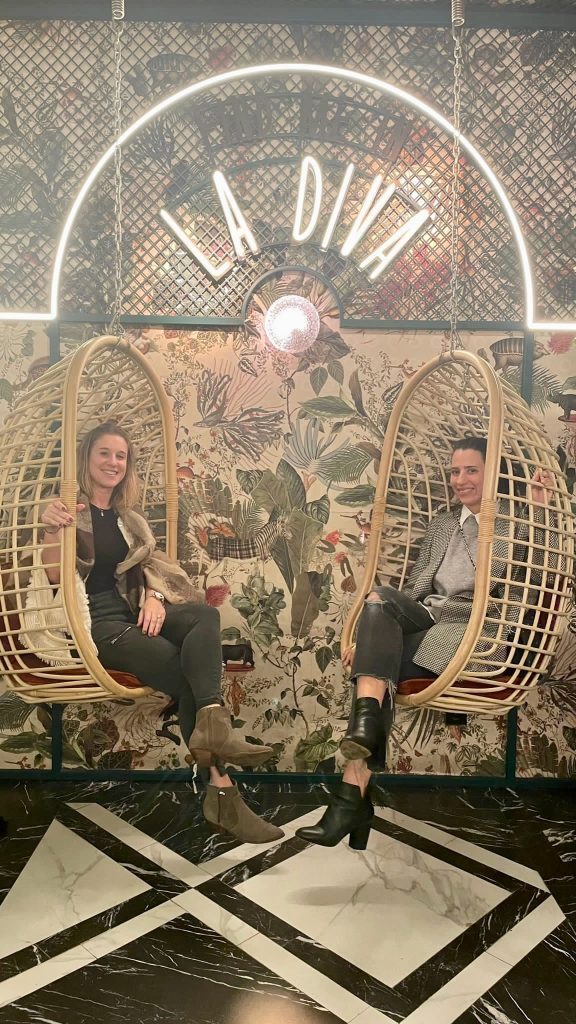



Meanwhile, Dave found a regular Saturday evening poker group, which has been a fruitful and fun source of friendships with people from other European countries as well as other Americans. He also connected with a golf league and plays regularly in the region. And as the old soul that he is, he joined a group of retirees playing pickleball on Tuesdays, as the sole non-retiree.

It was also important to me to find a Jewish community in Valencia, though to be honest, I would call it less of a “community” and more of a small network of Jewish and Israeli friends. Although the Jewish population is predictably very small, there is a Jewish expat group with whom we’ve gathered for some holidays and from which we have developed other meaningful friendships. One of my favorite experiences was being included in a Rosh Hashanah meal with a friend of Tunisian-Jewish and French descent and her family. Here in Spain we have learned much more about the food and cultural traditions of Sephardic Jews.
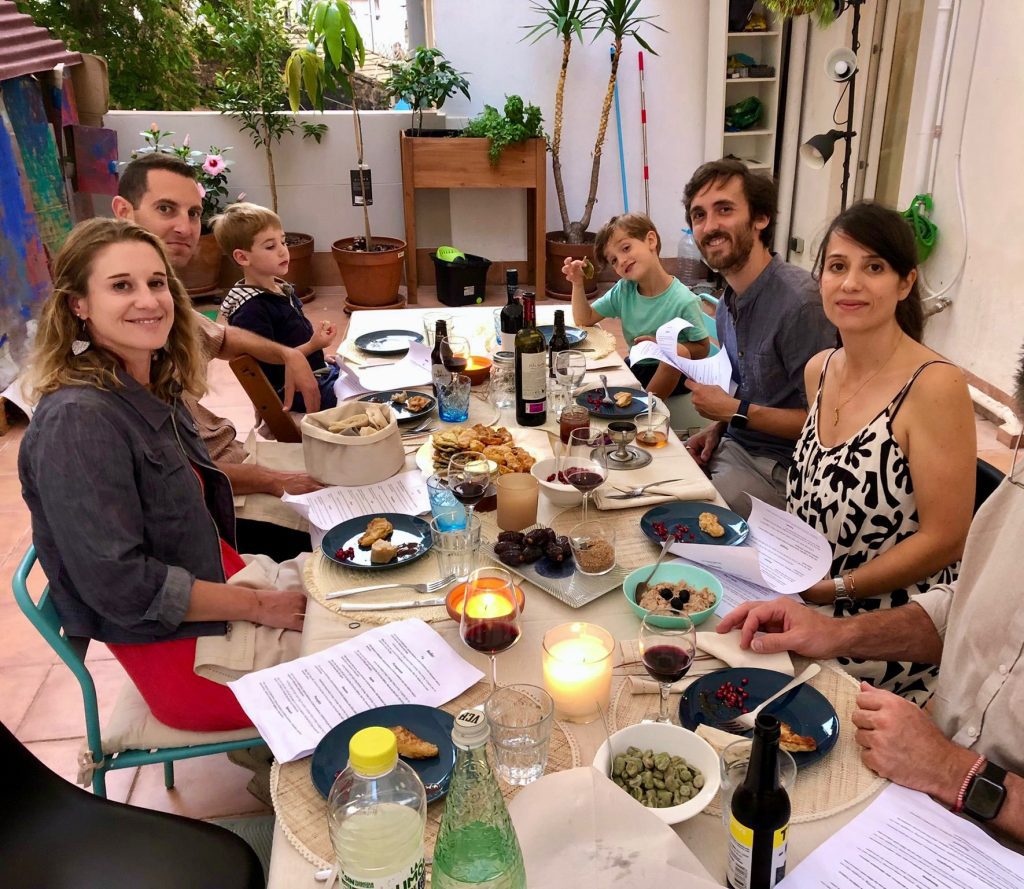

While living in Valencia, I’ve noticed that we’re able to participate in activities with much less planning, with more creativity and variety in what we do in on the weekends or in the evenings. Since we’re working less and living in a smaller, more accessible city with a lower cost of living than L.A., it feels easier to take part in arts and cultural events (Valencian festival and religious displays, symphony performances, museum memberships, outdoor concerts, etc.), artistic workshops, leisurely menu del dia lunches or other food-centric experiences (lunch being the main meal here), or even going out dancing.

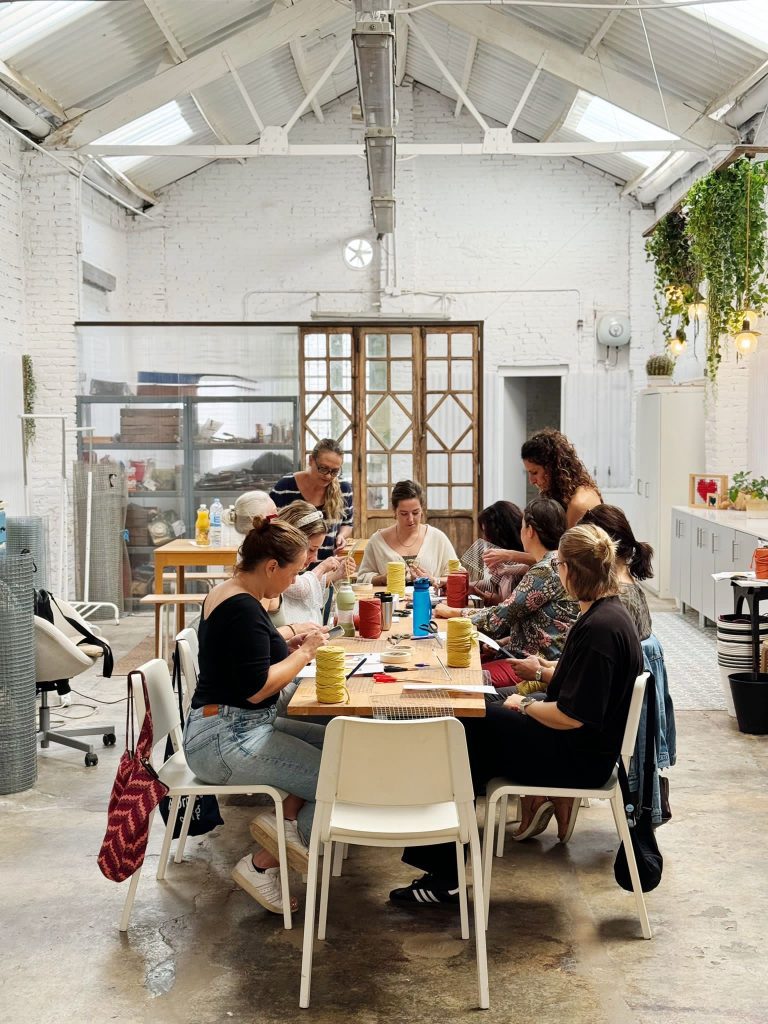


I also prioritize doing as much in Spanish as I can, such as yoga and Pilates classes, having a weekly language and cultural exchange (intercambio) with a Valencian woman from my yoga studio, and having more extended conversations in Spanish when possible, such as when I’m getting my nails or hair done, or chatting with parents after-school or meeting with my son’s teachers. I’ve found my Spanish has improved tremendously (though to be fair I did have a strong foundation from my high school and university studies, a study abroad experience in Sevilla and significant travel around Spain, and opportunities to speak Spanish while living in L.A.). Nevertheless, though I have a handful of local Spaniard friends (most I made through the school community), I still spend a lot of time speaking English with expat friends. Perhaps with a deeper commitment to immersion I could shift that balance over time, but to be sure there is a comfort and ease in the expat gatherings as well. Also, anyone who is regularly using a second language will tell you that it can sometimes feel exhausting to be engaged in conversation for longer time periods, leaving one’s brain fried and not able to do much else.
Finally, it’s been helpful to get involved with local volunteer groups like Democrats Abroad Valencia. Through the chapter I’ve made several good friends, continued my longtime involvement in voter registration and mobilization, and been able to stay engaged in U.S. and California politics but (thankfully) from a distance. We’ll always be U.S. citizens, vote and pay taxes in the U.S., and be invested in what happens there politically.

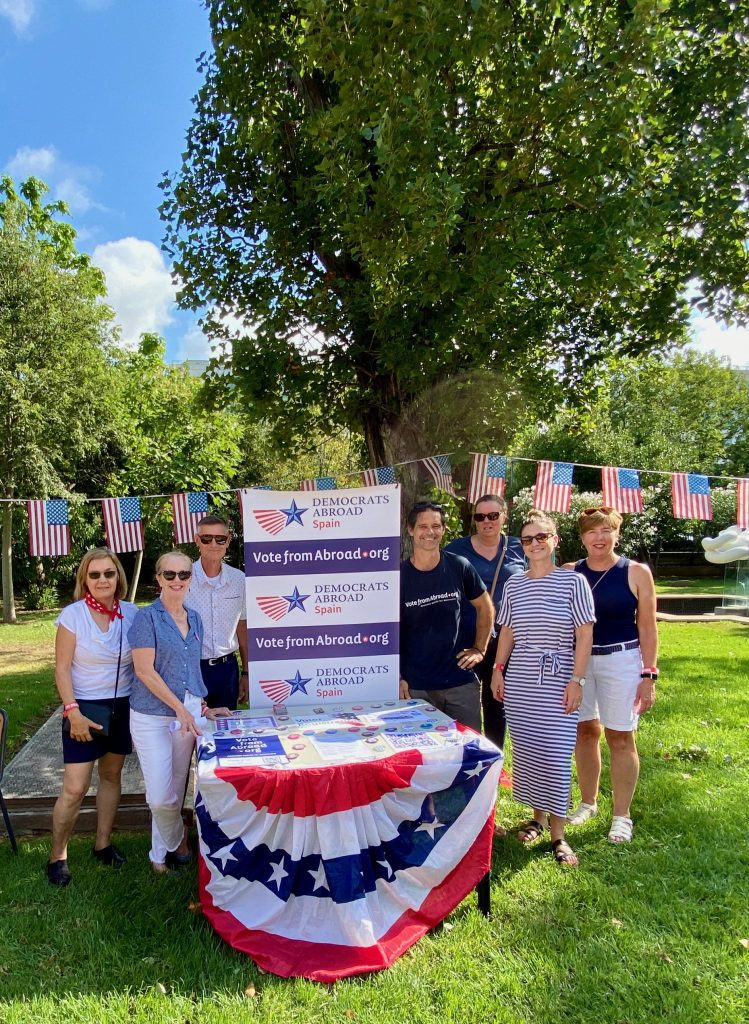

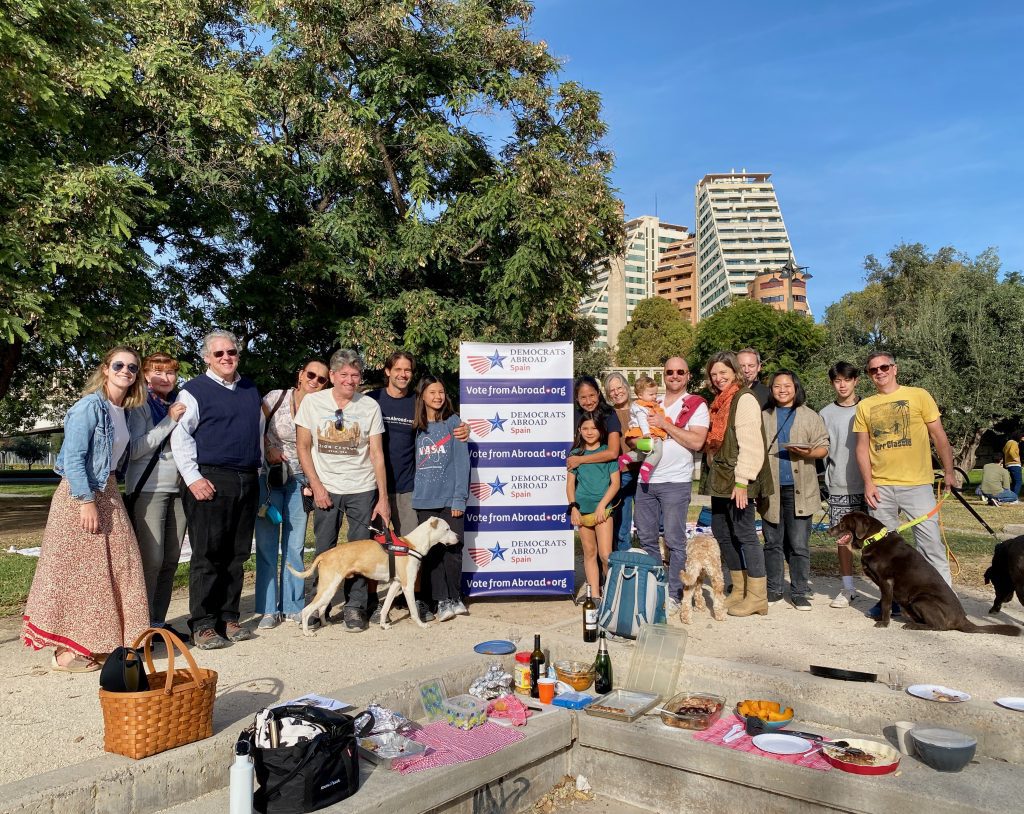
Living as an expat is both thrilling and challenging. One of the most crucial aspects has been building meaningful connections and friendships in a new country. Whether it’s celebrating milestones, navigating bureaucratic challenges, or simply combating homesickness, expat friendships can provide important support that eases the transition into a new way of life. Nurturing relationships with fellow expats and locals has significantly enriched our family’s experience and provide a sense of community while living far away from the U.S.

